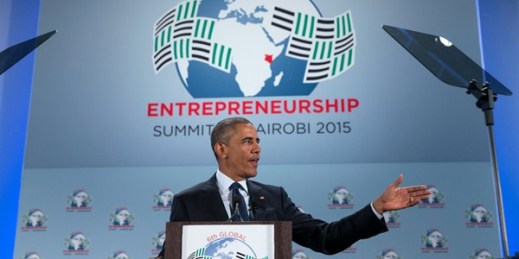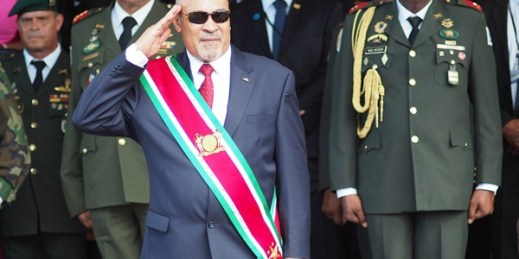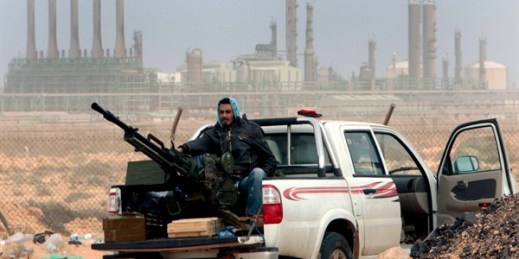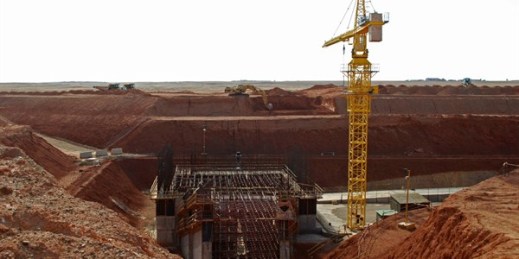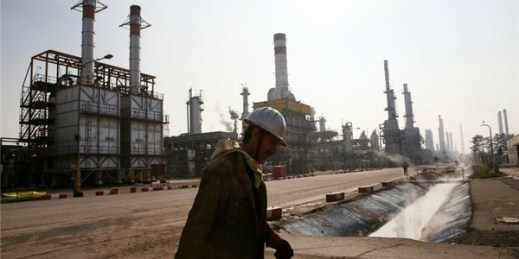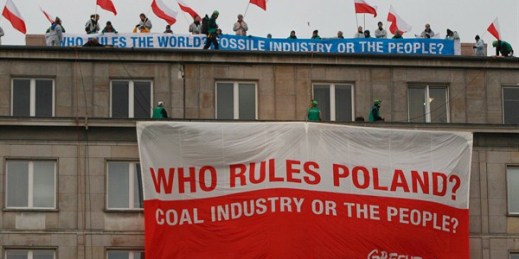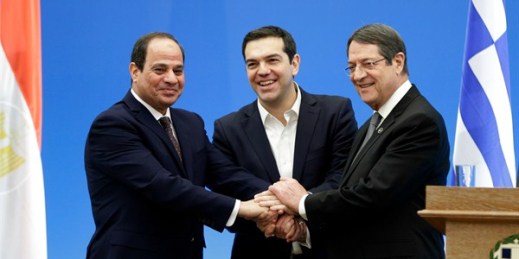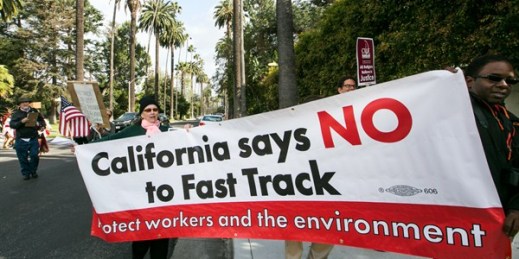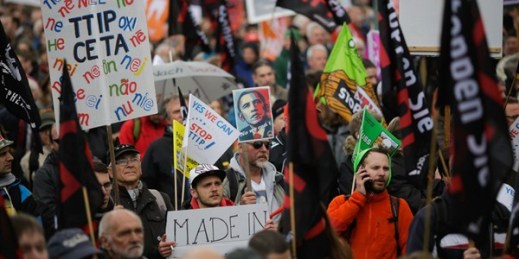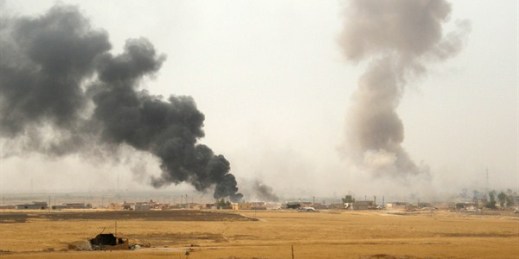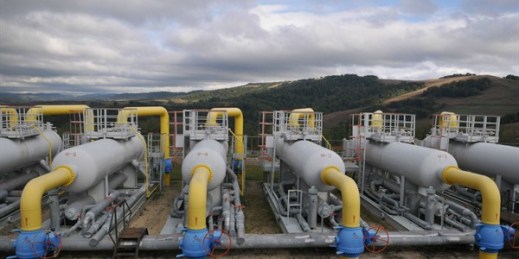
Following meetings with Ukrainian officials in Kiev early this month, the vice president of the European Commission, Maros Sefcovic, who holds the energy portfolio for the EU as a whole, laid out his vision for how the often contentious relationship between Ukraine, Russia and the EU ought to be structured. “Russia as an exporter, Ukraine as a transit country and the EU as the main importer,” he said. This pithy formulation also sums up Europe’s geo-economic approach for managing the Ukraine conflict. Geopolitical strategies to keep the peace appear to be breaking down in Ukraine. An uptick in clashes and […]

